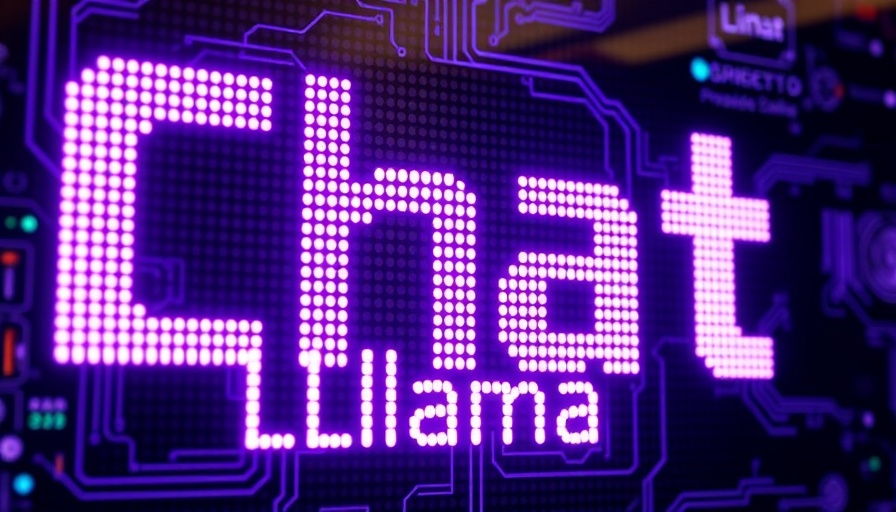
Meta’s Maverick AI Model Underwhelms in Performance
In a recent turn of events, Meta's newly launched Llama-4 Maverick AI model has found itself in hot water after it was revealed to perform poorly against established competitors, particularly on the LM Arena benchmark. Initial excitement surrounding its experimental version, which boasted enhancements for conversational capabilities, quickly diminished when it was scored against more established models, such as OpenAI's GPT-4o and Google's Gemini 1.5 Pro.
Understanding the Benchmarking Controversy
The LM Arena model has gained notoriety in the AI community due to the variability of its assessments. Although it has been critical for gauging AI performance, critics argue that its methods can lead to misleading comparisons. Recent incidents have prompted an apology from the platform's maintainers after it was discovered that Meta utilized an unreleased version of its model to obtain a higher ranking, raising questions about the integrity of benchmark-driven marketing.
The Repercussions of Benchmark Manipulation
This situation highlights a fundamental issue in AI development: the temptation to optimize performance metrics, which can skew reality and confuse developers about the model's actual capabilities. Meta’s commitment to tailoring its models for specific benchmark tasks, while providing immediate gratification in results, may ultimately hinder long-term success in varied real-world applications.
A Path Forward for Meta and Developers
Meta has responded to the backlash with optimism, asserting the necessity of experimentation in AI and anticipating valuable feedback from developers utilizing their open-source version. This openness could spark innovative adaptations, potentially leading to improvements that genuinely enhance usability across different contexts. The anticipation rests with developers to explore, customize, and push the boundaries of what Llama 4 can truly achieve away from the restrictive confines of benchmark comparisons.
 Add Row
Add Row  Add
Add 




Write A Comment